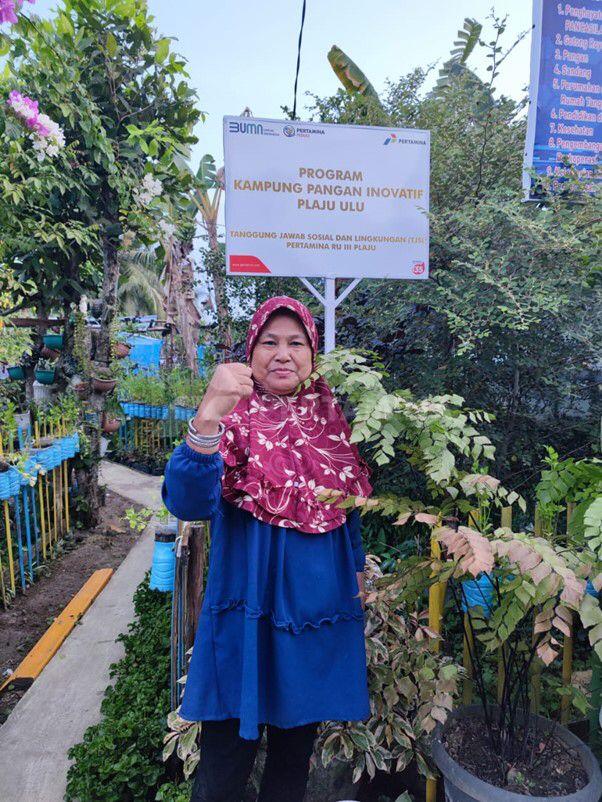
Pertamina's Village Tourism: A Concrete Manifestation of ESG in Building Local Economy
Jakarta, July 7, 2023 - Implementing Environmental, Social, and Governance (ESG) principles, PT Pertamina (Persero) collaborates with communities to enhance the local economy. One of the initiatives is the Pertamina Desa Wisata program, where Pertamina encourages the local community to improve skills and capacities in managing sustainable tourism in their regions.
Pertamina Desa Wisata is one of Pertamina's Social and Environmental Responsibility (TJSL) activities, focusing on the environmental and economic pillars. This program is also Pertamina's effort to achieve Sustainable Development Goals (SDGs), specifically, Goal 8 (Decent work and economic growth), Goal 11 (Sustainable cities and communities), and Goal 15 (Life on land).
"With the growing population, we believe this presents an opportunity for Indonesia's economic growth. It motivates Pertamina to empower local communities, aiming for sustainable economic and energy independence within the community," explained Fadjar Djoko Santoso, VP of Corporate Communication of Pertamina.
Fadjar added that in Plaju Subdistrict, Palembang, South Sumatra, Pertamina realizes Pertamina Desa Wisata through the Kampung Pangan Inovatif initiated by Subholding Refining & Petrochemical Pertamina, specifically PT Kilang Pertamina Internasional Refinery Unit III Plaju. This Kampung Pangan Inovatif encompasses four main programs: community-based urban disaster mitigation, industrial waste management of tempeh production, urban village area arrangement, and skills enhancement through creative food processing.
In the Kampung Pangan Inovatif, Pertamina successfully reduced water pollution levels by 41,378.4 kilograms of chemical oxygen demand (COD) per year and 1,023.8 kilograms of biological oxygen demand (BOD) per year from the benefiting eight tempeh production houses. The include converting tempeh production waste into maggot feed, utilizing self-sustained wastewater treatment plants (WWTP) powered by solar cells, producing liquid organic fertilizer, and cultivating fish and vegetables in buckets (BIKASEM).
Pertamina is also actively involved in developing processed tempeh products, Traditional Medicinal Plants (TOGA), and innovating cooking utensils to ensure more hygienic and faster tempeh processing. It has increased processed product output and generated an income increment of Rp 68,025,000 for 126 beneficiaries.
Overall, this program has improved the welfare of 330 beneficiary households through reduced water pollution, saving 73,000 liters of groundwater annually, reducing communal WWTP emissions (Solar Cell) by 0.268056 tons of CO2, and increasing the income of tempeh craftsmen groups by IDR 54,000,000 per year.
One of the beneficiaries, Muhammad Junaidi Loca, the Hero of Kampung Pangan Inovatif Plaju Ulu, expressed how the program has supported his and the surrounding community's well-being.
"Previously, our tempeh waste pollution was quite troublesome, causing disharmony between producers and non-producers. Additionally, tempeh faced competition from ready-to-eat foods, especially imported ones. With Kampung Pangan Inovatif program, the value of tempeh has increased, making it more accepted by the public. We hope that in the future, tempeh can compete with other foods and become a host in our own country," Junaidi said.
Pertamina, as a leading company in the energy transition, is committed to supporting the Net Zero Emission 2060 target by continuously promoting programs that directly impact the Sustainable Development Goals (SDGs) achievement. All these efforts align with Environmental, Social & Governance (ESG) implementation across all Pertamina's business lines and operations.**